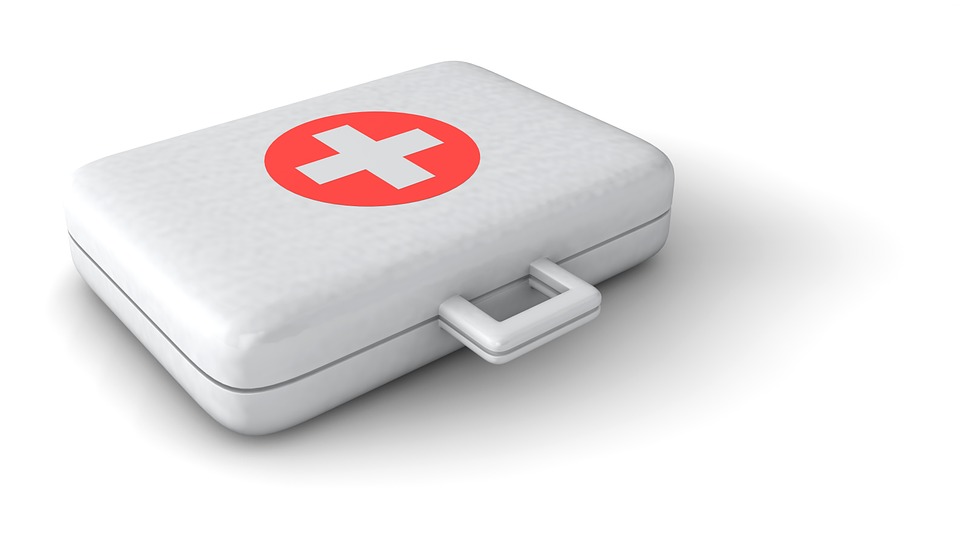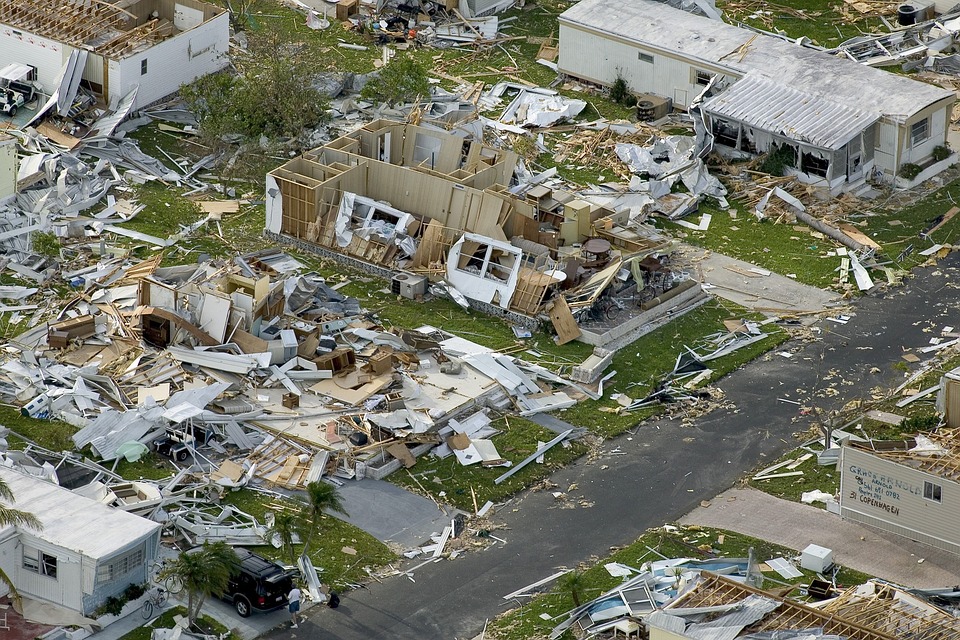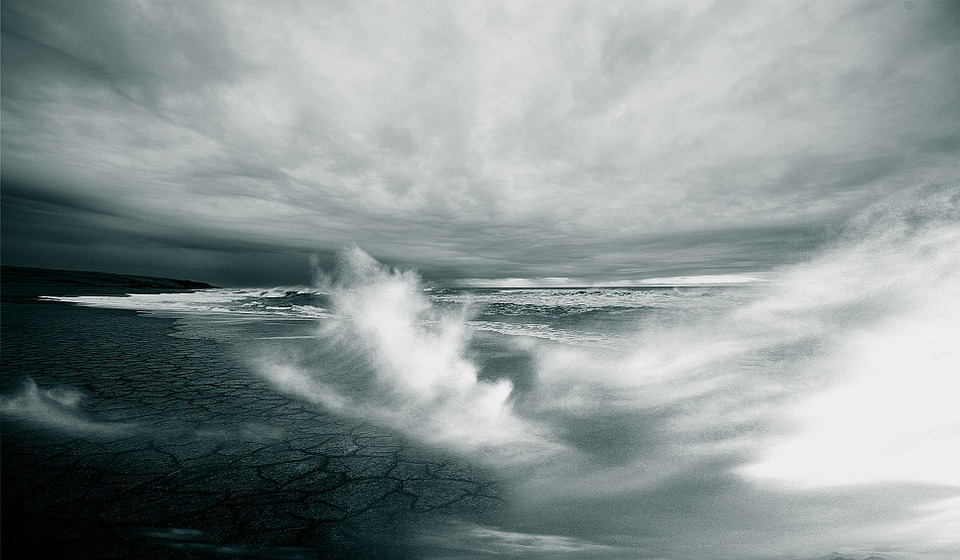A cyclone is perhaps the last thing you want to experience in your life. Isn’t It? What makes cyclones dangerous is the combination of high speed winds and heavy showers which can cause severe damage by uprooting trees, telephone and electric poles and damage houses and other installments.
Keeping this in mind, here in this article we have noted down some of the best tried and tested cyclone safety measures to keep you safe in case of heavy cyclones. Go ahead and implement these points before, during and after a cyclone to keep yourself and your family members safe from any adversity.
At the end of the post we have provided links to all the important Government websites on cyclones and a link containing emergency phone numbers in India.
P.S. During or before a calamity strikes, people panic and suffer more due to rumors rather than the actual calamity. So we would like to request you to follow instructions only from authorized officials and refrain from spreading fake news and rumors which can cause people to panic. Stay calm and have faith in the officials.
Before a cyclone
As the old saying goes, “Prevention is better than cure”, so take some timely cyclone safety measures as soon as you hear a cyclone alert in your area.
i) Secure Your Shelter:
Even if you live a few hundred kilometers away from the epicenter, heavy showers and strong winds are inevitable. To avoid any mishap during the cyclone, tighten all overhead loose fixtures, remove heavy items from overhead shelves and secure loose tiles and damaged ceilings.
If you have a garden it is safe to trim branches of big trees.
ii) Store Emergency Kits
It is quite probable that the departmental stores and pharmacies in your area may remain closed for a few days depending on the intensity of the cyclone. Keep a fast aid box ready, store enough medicines, groceries, drinking water, and a radio (to get timely authentic updates)

Few hours before the dawn of the cyclone till a few days after everything gets normal, there will not be electricity either as a safety measure from the municipality or due to the aftermath of the cyclone. Keep a few extra packets of candles, a kerosene lantern, and ready to eat food items.
iii) Keep Emergency Numbers
Starting from your family physician, nearby hospital, ambulance to rescue teams, temporary emergency help lines, fire brigades and police stations, keep all these important contact numbers close to you. You never know when you need them!

During the cyclone
This is the most critical phase of a cyclone. Hold your nerves, stay strong and keep the following points in mind:
i) DO NOT PANIC! Half the battle is already won if you stay calm and composed during adversities; and fighting cyclones is not an exception to this!
ii) During heavy winds, never dare to drive or roam outside. Even if you are outside, run under a firm shelter.
iii) Do not drain your cell phone’s battery. Remember you cannot charge your cell in absence of electricity.
iv) Take refuge in the safest part of the house and secure your place with soft objects like pillows, cushions and mattress. If you have a pet, untie and keep them with you.
After the Cyclone Has Passed
i) Wait for the government to declare your area safe before you move out of your house.
ii) Take care not to step on live wires or uprooted transformers and electric lines.
iii) If the intensity of the cyclone is more, it may take time for concerned authorities and insurance agencies to reach you. In such a situation, have patience!

In a Nutshell:
Summarizing all the cyclone safety measures discussed above, we can highlight 4 important points to be kept in mind:
i) Park your vehicles in a garage away from trees and heavy installments.
ii) Listen, believe, act and react only to official news by trusted agencies.
iii) Do not believe in rumors. Refrain from circulating messages and updates that can cause people to panic.
iv) Come what may, Do not roam outside your shelter.
For more information, visit these important government websites related to cyclones:
i) National Disaster Management Authority
ii) National Cyclone Risk Mitigation Project
